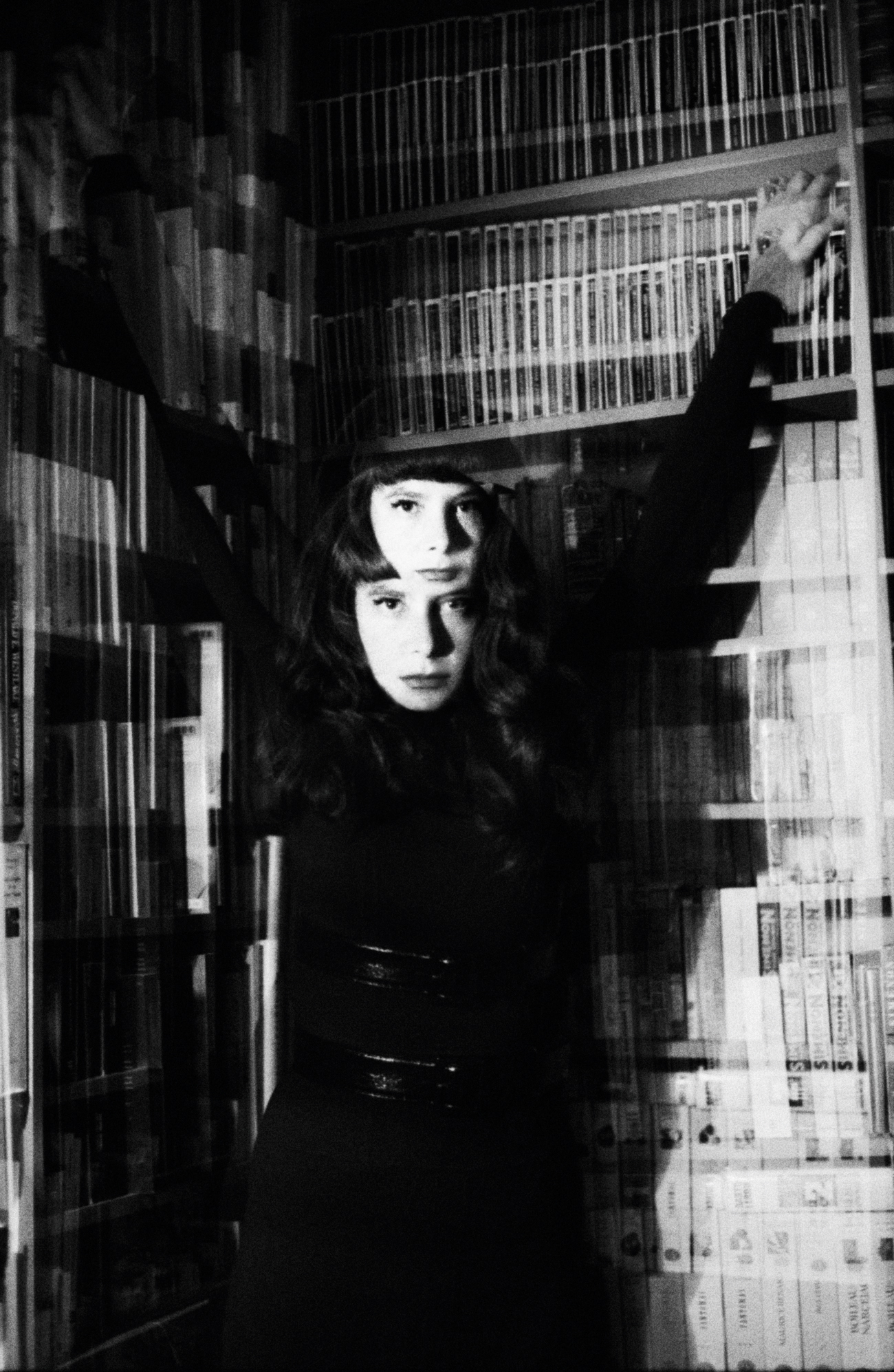Purple Magazine
— S/S 2012 issue 17
Olympia Le-Tan
 Portrait by Cecile Bortoletti
Portrait by Cecile Bortoletti
portrait by CECILE BORTOLETTI
interview and photography by OLIVIER ZAHM
All handbags and minaudières from Olympia Le-Tan’s Spring/Summer 2012 Still Ill Collection, presented at the Museum of the History of Medicine, Paris
OLYMPIA LE-TAN is the daughter of the famous French illustrator Pierre Le-Tan and an English mother. She grew up in a house full of books and comedy. At 19, she worked for Karl Lagerfeld in Chanel’s studio. After a decade of that she quit fashion to go on her own, traveling, dating, and DJing in the trendiest clubs in Tokyo, Paris, and New York. Now she’s back in Paris and has created a very successful line of luxury handbags and minaudières (handmade with love in France), in which she brings together all the dimensions of her talent: her cultivated snobbery and the playful irony that makes her work her…